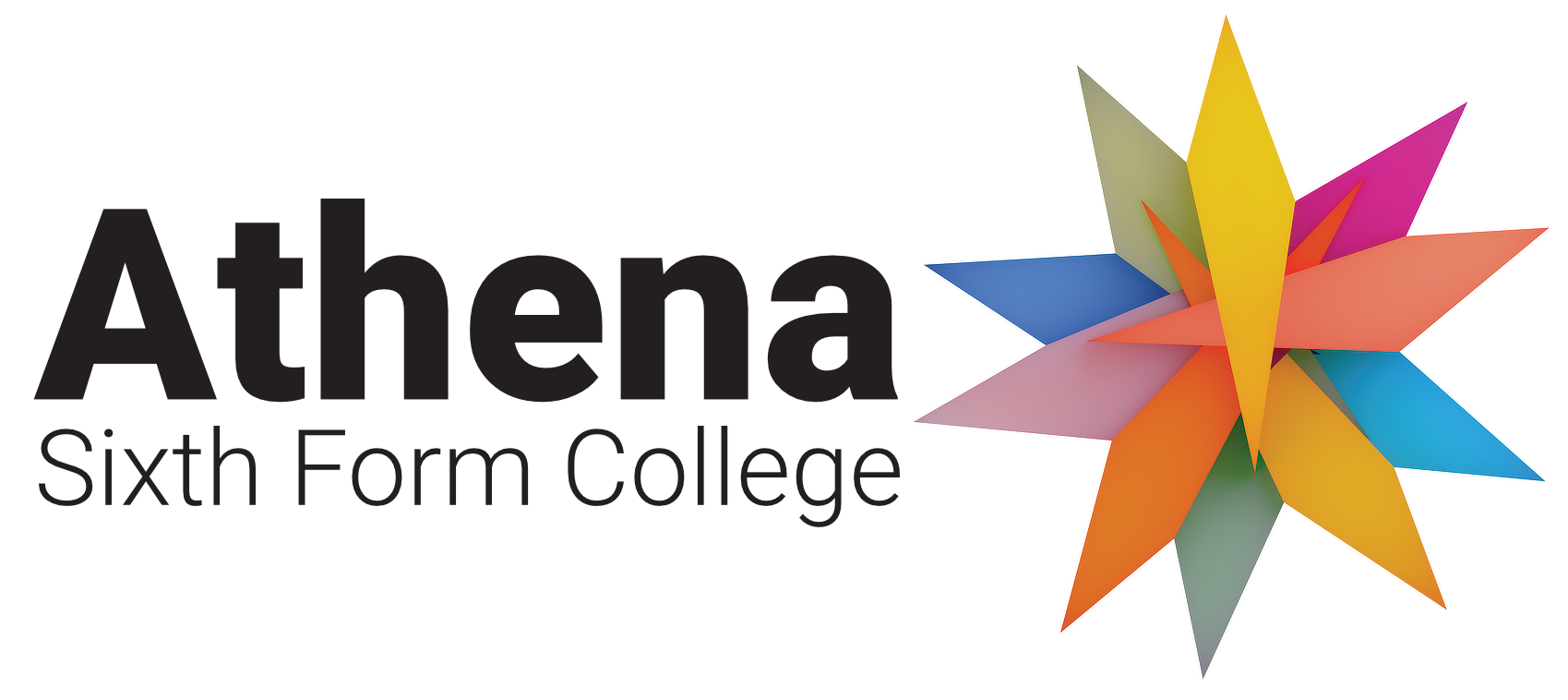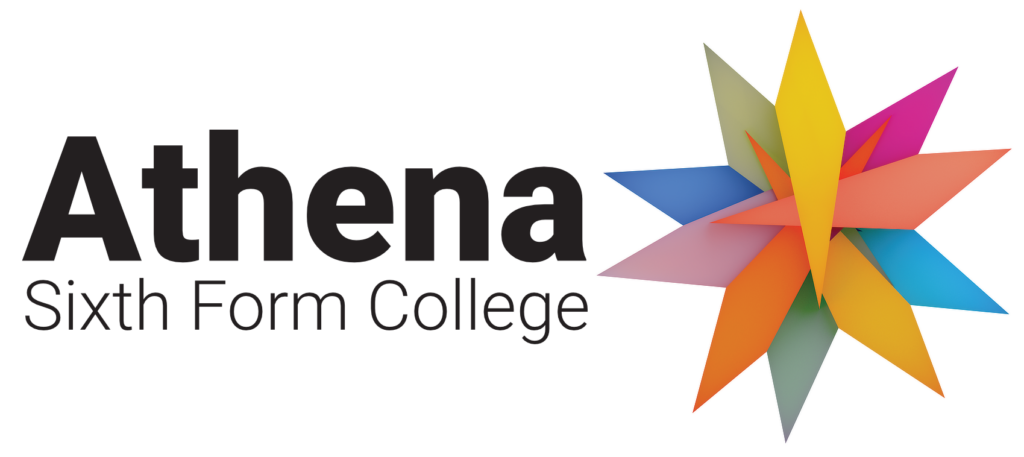Why Study?
Through studying Economics, students:
- Learn how to form well-structured opinions backed up by evidence and analysis
- Put across arguments for and against theories and practices
- Develop a sound understanding of economic concepts and theories through a critical consideration of current issues, problems and institutions that affect everyday life
- Apply economic concepts and theories in a range of contexts to appreciate their value and limitations in explaining real-world phenomena
- Analyse, explain and evaluate the strengths and weaknesses of the market economy and the role of government within it
- Work effectively with data, assessing its validity, conducting analysis using excel, and visualising data effectively through charts and graphics
What can I do with it?
Possible career choices A-level Economics can offer you include accountancy, stockbroker, banker and online financial and business-related careers; however, most require a higher level of education. Your A-level Economics can lead you to degrees in economics, business studies, social sciences, engineering, accountancy, financial services, management and journalism.
Subject combinations
Subjects that complement Economics include Accounting, Law, Geography, History, and Government and Politics. Economics is a good bridge between STEM subjects and humanities. It is not essential to study Maths A level alongside Economics, but students may like to note that many straight Economics courses at university require Maths A level. University courses that are economics-related or dual honours are open to non-mathematicians. A small number of university courses strongly prefer candidates with Further Maths A level.
Extras
We encourage wide reading to stimulate intellectual curiosity and develop new interests, understanding and skills.
What will I study?
Students are introduced to Economics through building knowledge of core microeconomic and macroeconomic concepts, and by investigating economic theory through real-world businesses and the environments in which they operate. Breadth and depth of knowledge and understanding with applications to more complex concepts and models are developed in the second year of study. Students will need to apply their knowledge and understanding to both familiar and unfamiliar contexts in the assessment, and to demonstrate an awareness of current economic events and policies.
Assessment
- Paper 1 (2 hours, 35%): Markets and how they work
- Paper 2 (2 hours, 35%): Competing in the global economy
- Paper 3 (2 hours, 30%): The economic environment and business

